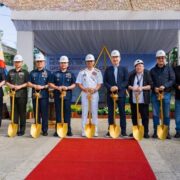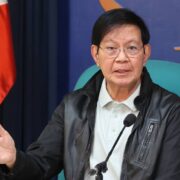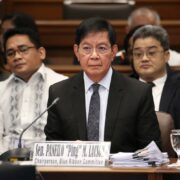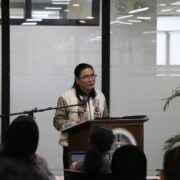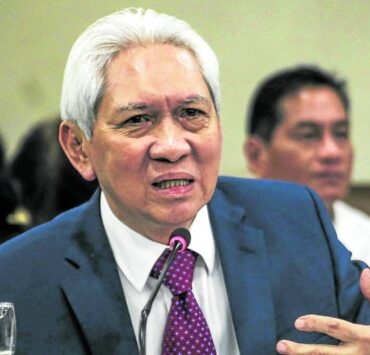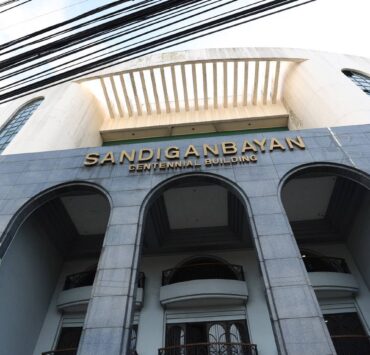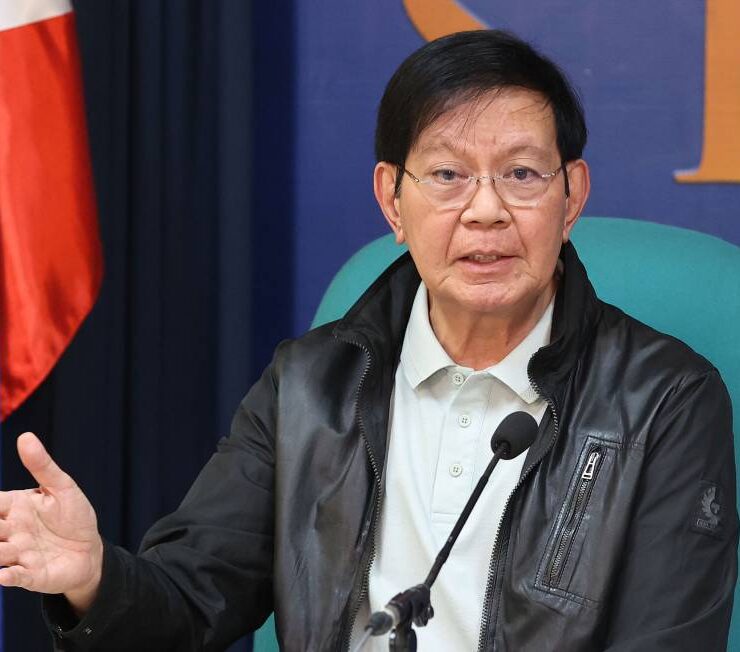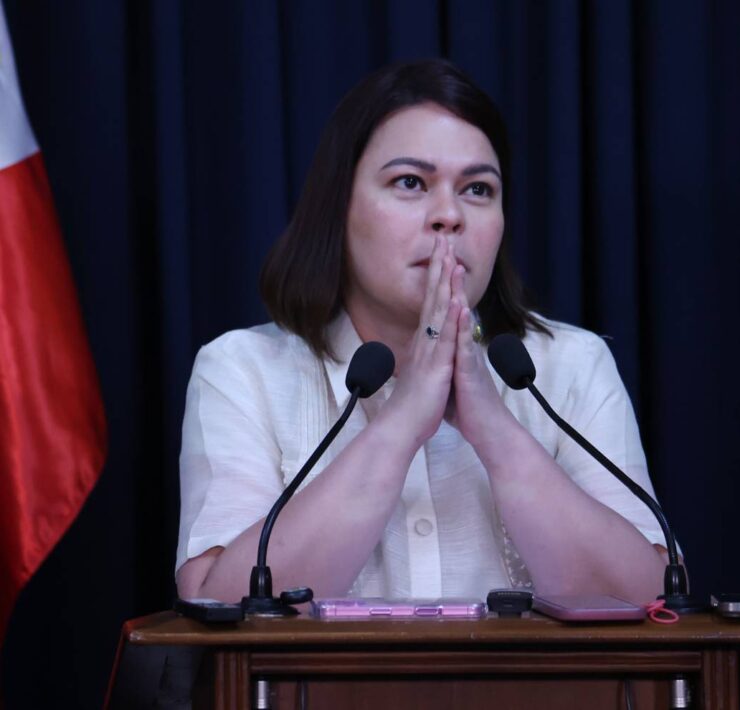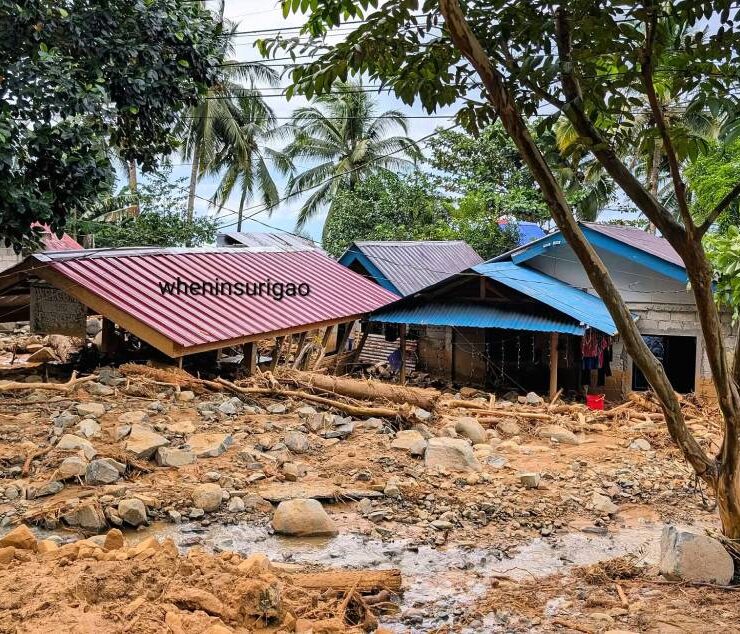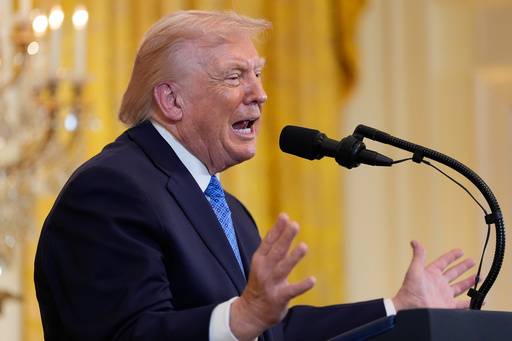ICC junks Duterte’s jurisdiction challenge
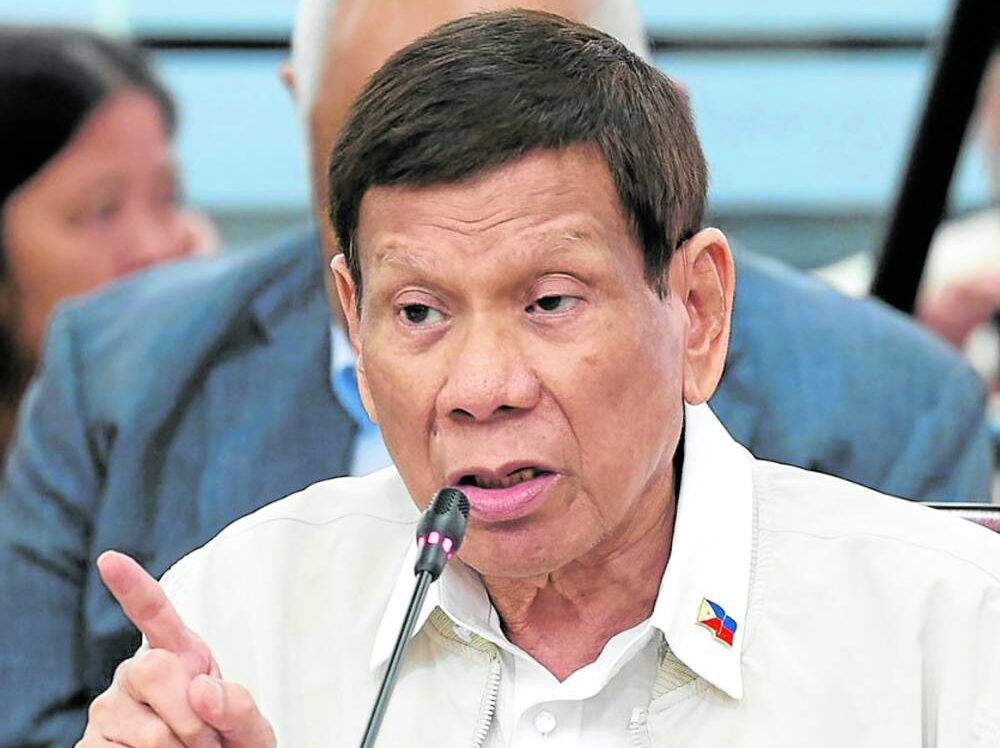
A pretrial chamber of the International Criminal Court (ICC) has affirmed its jurisdiction over the crimes against humanity case of former President Rodrigo Duterte, rejecting claims by his lawyers that it has no authority to prosecute and hold him in custody in The Hague, the Netherlands.
The ruling on one of the most contentious issues in the case could now set the stage for a full-blown trial should the pretrial hearings proceed and his charges of three counts of murder be confirmed, according to parties who filed the complaint against Duterte in the ICC.
In a 32-page decision dated Oct. 23, Judges Iulia Antoanella Motoc, Reine Adélaïde Sophie Alapini-Gansou and María del Socorro Flores Liera of the Pre-Trial Chamber I (PTC I) rejected the argument of Duterte’s defense team that the court does not have jurisdiction over the case because it had opened its investigation only in September 2021, two years after the Philippines’ withdrawal from the Rome Statute, the framework establishing the tribunal, became fully effective.
This was a novel argument raised by the Duterte camp when it appealed to stop then ICC Prosecutor Karim Khan’s investigation into Duterte’s war on drugs, which saw thousands of Filipinos dead.
The PTC I judges referred to Article 127 (2) of the Rome Statute, or the provision that sets the consequences for when a member state leaves the ICC fold, that the defense itself used as basis to question the international tribunal’s jurisdiction.
Already under consideration
Article 127 states that a withdrawal by a state party from the Rome Statute should not have any effect on its “cooperation with the court” over any criminal investigation or proceeding that had begun before the withdrawal became effective. Issues that were already “under consideration by the court” before the country pulled out should also not be affected.
The Philippines notified the ICC of its intention to exit the Rome Statute, the framework establishing the tribunal, in March 2018, and it took effect a year later. The charges against Duterte date from Nov. 1, 2011, when he was still mayor of Davao City, to March 16, 2019, when the withdrawal became effective almost three years into his term as Philippine president.
The court rejected the defense’s arguments that the preliminary examination of the drug war killings, which was initiated by then ICC Prosecutor Fatou Bensouda in February 2018, and the court’s subsequent authorization to resume investigation in September 2021 were “different matters.”
“The matter that was already under consideration by the court was the allegations of crimes committed in the Philippines,” the court said. “That matter was under consideration in the preliminary examination and remained under consideration when the prosecution requested, and the Chamber granted, [authorization] for the commencement of the investigation in the Philippines Situation.”
Notice of withdrawal
The PTC I cited part of the Philippine government’s written notification of withdrawal, which stated that opting to leave the Statute was the country’s “principled stand against those who politicize and weaponize human rights, even as its independent and well-functioning organs and agencies continue to exercise jurisdiction over complaints, issues, problems and concerns arising from its efforts to protect its people.”
This, the court continued, bolstered the “direct relationship” between the prosecutor’s announcement of the opening of the preliminary examination and the decision of the Philippines to revoke its membership.
“This apparent action to avoid compliance with the Statute is what Article 127 … read as a whole, is designed to prevent,” it stressed.
The judges ruled that Article 127 must be read in a way that “balances the right of a state to withdraw from the Statute and the risk of a State using its right to withdraw to shield persons from the jurisdiction of the Court.”
Appeal
The provision, it said, ensures that a country “is not able to abuse that right by shielding persons from justice in relation to alleged crimes that are already under consideration by the Court.”
Last month, judges postponed a pretrial hearing over concerns about Duterte’s health. His lawyers asked for the proceedings to be delayed indefinitely, saying their client is “not fit to stand trial.” The court also decided that Duterte must remain in detention, because he’s a flight risk.
Sought for comment on this latest setback for his legal team, lead defense counsel Nicholas Kaufman on Friday said that he would challenge the ruling.
“Given that the matter was extensively litigated and adjudicated in the prosecution’s favor prior to the former President’s arrest, the defense anticipated this decision and will appeal it,” he told the Inquirer through a WhatsApp message on Friday.
Former Sen. Antonio Trillanes IV and Bayan Muna chair Neri Colmenares, who are among those who brought the cases of drug war deaths to the ICC before the Philippines’ withdrawal was finalized, expressed confidence that the latest decision would finally hasten the start of Duterte’s trial in The Hague.
“From hereon, any move to delay the start of the trial would also be detrimental to the interest of Duterte since he would remain detained,” Trillanes said in a text message to the Inquirer.
For Colmenares, the decision should put to rest claims by his camp that he was forcibly taken to the ICC, saying it “practically destroyed the claim of the Dutertes that he was kidnapped.”
“We ask [Duterte] to stop employing delaying tactics and instead allow the confirmation of charges and trial to push through. The families of the victims have long yearned for the justice which they were deprived of by [Duterte],” Colmenares said in a statement sent to the Inquirer.
Remaining issues
Kristina Conti, another lawyer assisting families of drug war victims, noted the remaining issues that the court needs to resolve, including Duterte’s request to suspend indefinitely all pretrial proceedings on account of his supposed cognitive problems that he claimed could prevent him from properly mounting his own defense.
“Victims hope that a decision can be made within the year,” Conti said.
Mamamayang Liberal Rep. Leila de Lima, the former justice secretary and senator who was jailed during the Duterte administration on trumped-up drug charges, hailed the PTC I’s decision as “most welcome as it is most just.”
“The sooner the trial, the better for all concerned, including Duterte himself who will be able to finally present his defense as he himself repeatedly said he will squarely face the accusations against him,” said De Lima, who as then chair of the Commission on Human Rights initiated the investigation into Duterte’s alleged death squad in Davao. —WITH REPORTS FROM AP AND INQUIRER RESEARCH

